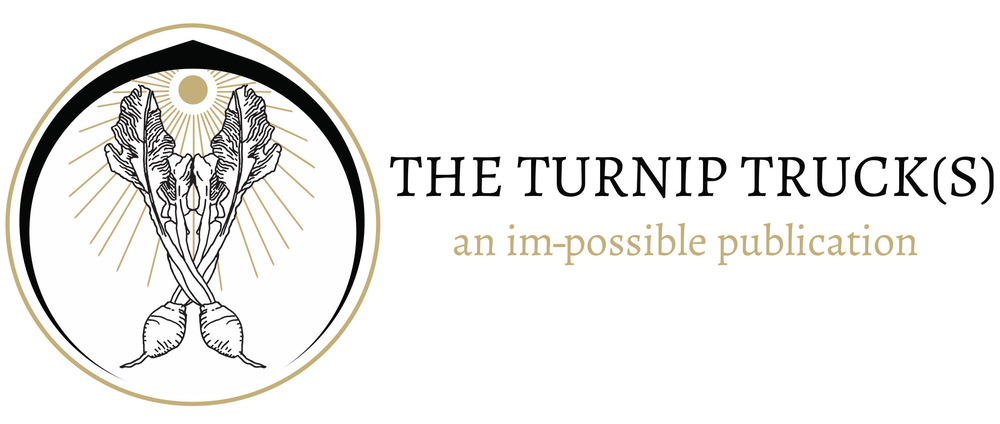The belief in an afterlife is perhaps the most contested, yet most powerful, of human belief systems. For centuries, religions have held the strongest claims for what happens to the human soul when it departs from the body at death.[1] Judaism presents several ideas about the afterlife, and, while there is no hell as understood in Christianity, heaven (known by many names in the rabbinic tradition) will be the eternal home of any righteous person, for it is one’s actions in life that will secure his or her place in the afterworld. In Islam, the hereafter is also complex; the soul may enter heaven or hell, but some also believe it may enter an intermediary sleep until a great resurrection comes. In Christianity, believers come in to the presence of God at death, and based on God’s judgment will be met with the reward of eternal heaven or the punishment of eternal hell.[2] Buddhists hold a more cyclical approach to the hereafter, wherein death leads to rebirth, and through karma and enlightenment the soul can escape this cycle and achieve nirvana, the absence of suffering. Thus, belief in an afterlife directly influences our different ethical codes for behavior and life purpose(s). It simultaneously forms and is formed by our living, breathing experiences. In her 2005 book Spook: Science Tackles the Afterlife, Mary Roach travels the world to discover the facts behind what happens when we die. From an ethnographic account of India’s belief in reincarnation to her narrative of meeting with a medium in Arizona, USA, Roach explores everything from weighing the soul to communicating with ghosts. In the end, Roach illuminates the power of belief itself when she writes, “[t]he closer you are to the teller of a ghost story, the more likely you are to believe that the ghost in the story was a ghost, and not a raccoon or a temporal lobe seizure. Your beliefs are not formed by researchers or debunkers or television psychics, unless perhaps one of them is your mother or your good pal. Your beliefs are formed by your own experiences and those of your inner circle. And then validated by the researchers or the debunkers or the television psychics.” After all that research, we might wonder what this science writer herself believes about the afterlife. Let’s just say those in her inner circle have told her a lot of ghost stories.
[1] Of course, this belief depends upon another belief—the belief in Cartesian Dualism wherein we accept the premise that the body and the soul are indeed separate entities. This is opposed to the Materialist belief that the human soul, or consciousness, resides in the body as a whole or in the brain (which is still the material of the body), that ultimately body and soul are inseparable. The latter of these (Materialism) no doubt stirs a strong disbelief rooted in the fear that there is no life after death.
[2] It is important to note the rhetoric of the afterlife promises immortality and thus negates or at least softens the threat of death’s unknown territory.
The Ancient Egyptians were among the first to believe that one’s actions in life would determine one’s place in the afterlife. The deceased’s heart was measured against a feather: the Goddess Ma’at of Truth or Justice presiding as Anubis made sure the scales were true, and Thoth wrote down the results as Osiris judged.


